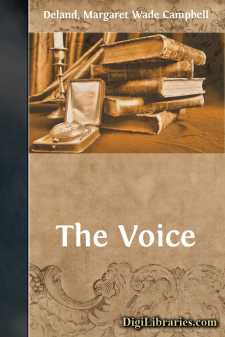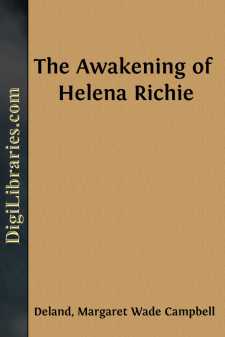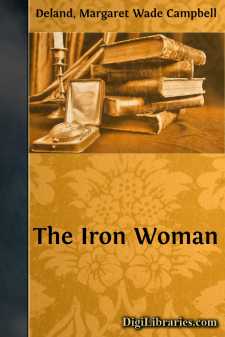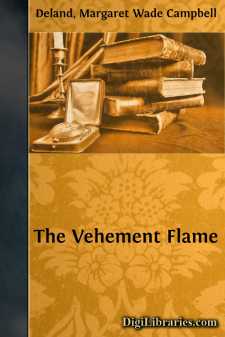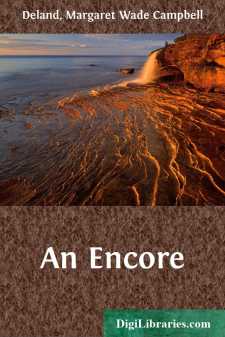Categories
- Antiques & Collectibles 13
- Architecture 36
- Art 48
- Bibles 22
- Biography & Autobiography 813
- Body, Mind & Spirit 142
- Business & Economics 28
- Children's Books 15
- Children's Fiction 12
- Computers 4
- Cooking 94
- Crafts & Hobbies 4
- Drama 346
- Education 46
- Family & Relationships 57
- Fiction 11829
- Games 19
- Gardening 17
- Health & Fitness 34
- History 1377
- House & Home 1
- Humor 147
- Juvenile Fiction 1873
- Juvenile Nonfiction 202
- Language Arts & Disciplines 88
- Law 16
- Literary Collections 686
- Literary Criticism 179
- Mathematics 13
- Medical 41
- Music 40
- Nature 179
- Non-Classifiable 1768
- Performing Arts 7
- Periodicals 1453
- Philosophy 64
- Photography 2
- Poetry 896
- Political Science 203
- Psychology 42
- Reference 154
- Religion 513
- Science 126
- Self-Help 84
- Social Science 81
- Sports & Recreation 34
- Study Aids 3
- Technology & Engineering 59
- Transportation 23
- Travel 463
- True Crime 29
The Way to Peace
Description:
Excerpt
ATHALIA HALL stopped to get her breath and look back over the road climbing steeply up from the covered bridge. It was a little after five, and the delicate air of dawn was full of wood and pasture scents—the sweetness of bay and the freshness of dew-drenched leaves. In the valley night still hung like gauze under the trees, but the top of the hill was glittering with sunshine.
"Why, we've hardly come halfway!" she said.
Her husband, plodding along behind her, nodded ruefully. "Hardly," he said.
In her slim prettiness Athalia Hall looked like a girl, but she was thirty-four. Part of the girlishness lay in the smoothness of her white forehead and in the sincere intensity of her gaze. She wore a blue linen dress, and there was a little, soft, blue scarf under her chin; her white hat, with pink roses and loops of gray-blue ribbon, shadowed eager, unhumorous eyes, the color of forget-me-nots. Her husband was her senior by several years—a large, loose-limbed man, with a scholarly face and mild, calm eyes—eyes that were full of a singular tenacity of purpose. Just now his face showed the fatigue of the long climb up-hill; and when his wife, stopping to look back over the glistening tops of the birches, said, "I believe it's half a mile to the top yet!" he agreed, breathlessly. "Hard work!" he said.
"It will be worth it when I get to the top and can see the view!" she declared, and began to climb again.
"All the same, this road will be mighty hot when the sun gets full on it," her husband said; and added, anxiously, "I wish I had made you rest in the station until train-time." She flung out her hands with an exclamation: "Rest! I hate rest!"
"Hold on, and I'll give you a stick," he called to her; "it's a help when you're climbing." He pulled down a slender birch, and, setting his foot on it, broke it off at the root. She stopped, with an impatient gesture, and waited while he tore off handfuls of leaves and whittled away the side-shoots.
"Do hurry, Lewis!" she said.
They had left their train at five o'clock in the morning, and had been sitting in the frowsy station, sleepily awaiting the express, when Athalia had had this fancy for climbing the hill so that she might see the view.
"It looks pretty steep," her husband warned her.
"It will be something to do, anyhow!" she said; and added, with a restless sigh, "but you don't understand that, I suppose."
"I guess I do—after a fashion," he said, smiling at her. It was only in love's fashion, for really he was incapable of quite understanding her. To the country lawyer of sober piety and granite sense of duty, the rich variety of her moods was a continual wonder and sometimes a painful bewilderment. But whether he understood the impetuous inconsequence of her temperament "after a fashion," or whether he failed entirely to follow the complexity of her thought, he met all her fancies with a sort of tender admiration. People said that Squire Hall was henpecked; they also said that he had married beneath him. His father had been a judge and his grandfather a minister; he himself was a graduate of a fresh-water college, which later, when he published his exegesis on the Prophet Daniel, had conferred its little degree upon him and felt that he was a "distinguished son." With such a lineage he might have done better, people said, than to marry that girl, who was the most fickle creature and no housekeeper, and whose people—this they told one another in reserved voices—were PLAY-ACTORS!...




